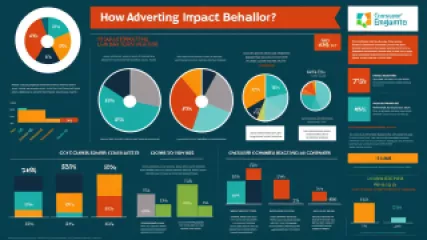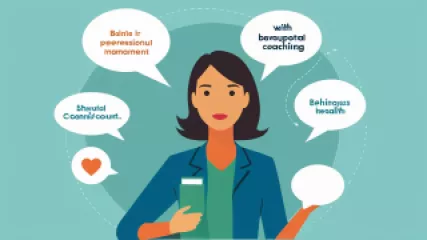Unlocking Your Mental Potential: The Ultimate Guide to Optimizing Memory Techniques
1 year ago
Improving Memory Techniques
10 Best Altruism Therapy Sessions for Personal Growth
1 year ago
Psychology of Altruism
Discover Motivational Lessons from Iconic Films
1 year ago
Motivation
Discovering Your Self-Identity: A Step-by-Step Guide
1 year ago
Discovering Self Identity
How to Enhance Your Digital Wellbeing: 5 Actionable Steps
1 year ago
Digital Wellbeing
Embracing Individuality: A Personal Journey of Self-Discovery
1 year ago
Discovering Self Identity
Altruism Unveiled: Insights from a Psychology Expert
1 year ago
Psychology of Altruism
Examining the Impact of Advertising on Well-Being: A Research Summary
1 year ago
Impact of Advertising
My Journey to Finding Motivation: Overcoming Obstacles and Cultivating Encouragement
1 year ago
Motivation
10 Surprising Ways Advertising Impacts Mental Health
1 year ago
Impact of Advertising
The Ultimate Guide to the Impact of Advertising
1 year ago
Impact of Advertising
How Does Advertising Impact Consumer Behavior?
1 year ago
Impact of Advertising
Reclaiming Your Personal Space: An Interview with a Mental Health Advocate
1 year ago
Personal Space Importance
Unlocking the Power of Mindfulness for Parents: A Research Summary
1 year ago
Mindfulness for Parents
Behavioral Health Coaching: Strategies for Effective Behavior Management
1 year ago
Behavior Management















